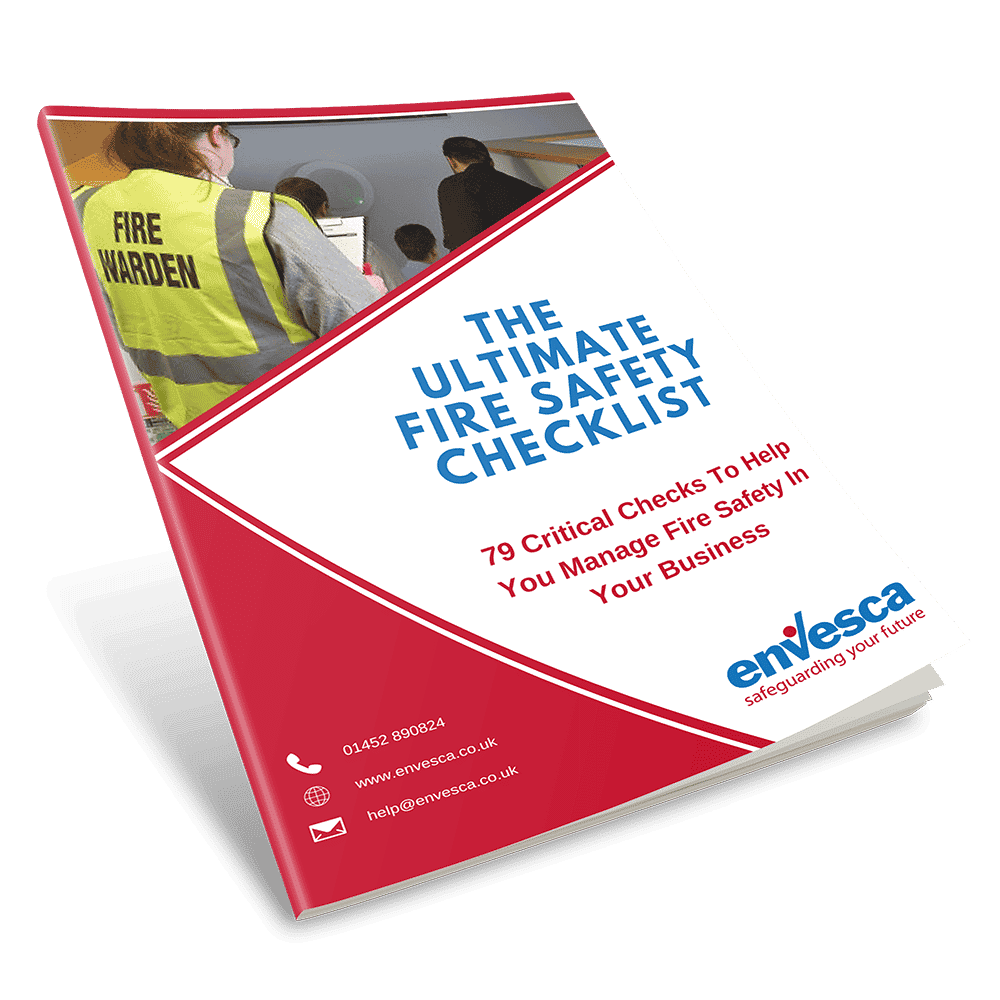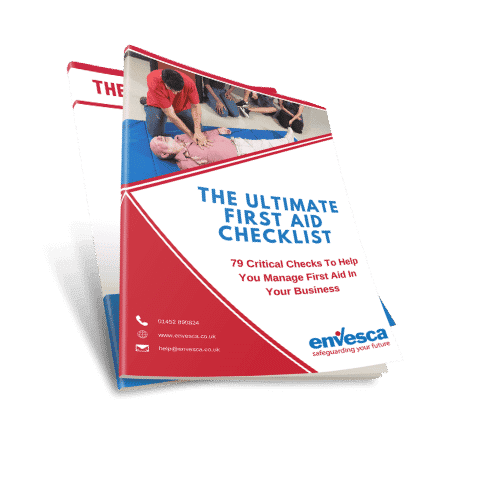What Is a Competent Person?
We are often asked, “What is a competent person?” In this article, I will outline what is meant by the term “competent person” and explain your duties as an employer when selecting such a person to carry out health and safety roles.
Several pieces of health and safety legislation mention the phrase “competent person”. It is also a legal requirement that businesses appoint at least one competent person to advise them on health and safety management. Risk assessments should be carried out by a competent person; inspection and testing regimes for electrical items should be compiled by a competent person and any construction work on your premises should be carried out by a competent person, but what does the phrase actually mean?

The Management of Health and Safety at Work Regulations 1999 define competence as:
“The ability to undertake responsibilities and perform activities to a recognised standard on a regular basis. It combines practical and thinking skills, knowledge and experience”
These qualities must be relevant to the type of work your company does or the type of competent person required. For example, to write risk assessments for a workplace activity, in order to identify the potential hazards, the competent person must have an understanding of how the work is to be carried out, the type of tools used, and the environment it will take place in and the principles of risk assessment. In this instance, a company employee is likely to fulfil the criteria as a competent person. Whereas, if you have a catering business and operate coffee machines that work at high pressure, an employee is not likely to have the expertise to compile an inspection and testing regime for that pressure vessel and you would need to seek advice from an external source.
Training underpins competence, so a competent person needs to be properly trained to carry out the role that you are asking of them. You may have an employee who has the appropriate job qualifications, twenty years of experience and works to a very high standard, but if they do not understand the principles of risk assessment they would not be considered competent to write one without further training in that area. In addition, also be aware that training does not necessarily equate to competence. A person who has just passed their driving test has attained a standard but is not necessarily fully competent to drive a car in all conditions, particularly as in the UK motorway driving is not included in the test. Experience and understanding of the area of work therefore also matter when assessing competence.
Communication skills are often overlooked when selecting competent people. The prospective employee or consultant should be able to communicate clearly with your other employees, both in writing and verbally. This includes the ability to clearly and concisely explain the outcomes of their role, be it control measures arising out of risk assessments or results of monitoring of water systems for the Legionella bacterium.
If you are appointing an employee in the role of a competent person, make sure that in the event that health and safety transgressions are identified, the employee has the authority to take corrective action granted to them. The appointment of a competent person should not be considered a box-ticking exercise, but a practical way to make the workplace a safer place for everyone.
If you have concluded that you do not have the expertise within the company to appoint an employee as a competent person, then you will need to look for help from a specialist company. Make sure you consider the following as you will be legally responsible for ensuring that any external consultants you appoint are also competent to do the job:
- Is there evidence of relevant training/knowledge, such as formal qualifications?
- Do they have practical experience within your industry/activities?
- Ask them to explain to you why they are competent to advise you on this particular problem
- Are they a member of a professional body such as IOSH, Highfield Qualifications, CIEH etc.?
It is important that if you employ an external consultant and during the course of the appointment you realise that they are not competent you must terminate the contract. Ultimately your company will be held responsible in the event of an accident that was caused by taking on an incompetent contractor.
What The Law Says
In addition to the Management of Health and Safety at Work Regulations 1999 which states you must appoint a competent person to manage health and safety, there are several specific health and safety regulations that require roles to be filled by competent people.
These include the Provision and Use of Work Equipment Regulations 1998, Lifting Operations and Lifting Equipment Regulations 1998 and the Pressure Equipment Regulations 1999
If you have a question or enquiry about health and safety, please call the team on 01452 502113 or complete our enquiry form.
Find this helpful?
Signup to our email notifications to receive alerts when we publish new blogs. We promise not to spam your inbox, you will just get a short snappy intro to Health and Safety articles we think you will love.
"*" indicates required fields

The Ultimate Fire Safety Checklist
If you’ve got a question or query, please contact our super friendly team, they will be delighted to help you!
Simply get in touch via phone or email.

Free
Resources &
Downloads
Informative. Useful. Practical.
Here at Envesca we believe that we are good at giving proactive, sensible and useful advice. Below you will find some free resources that you can download on a host of subjects that will help you and your business.
Training Available
Envesca offer a number of different training courses, which offer advice and guidance on these topics.





